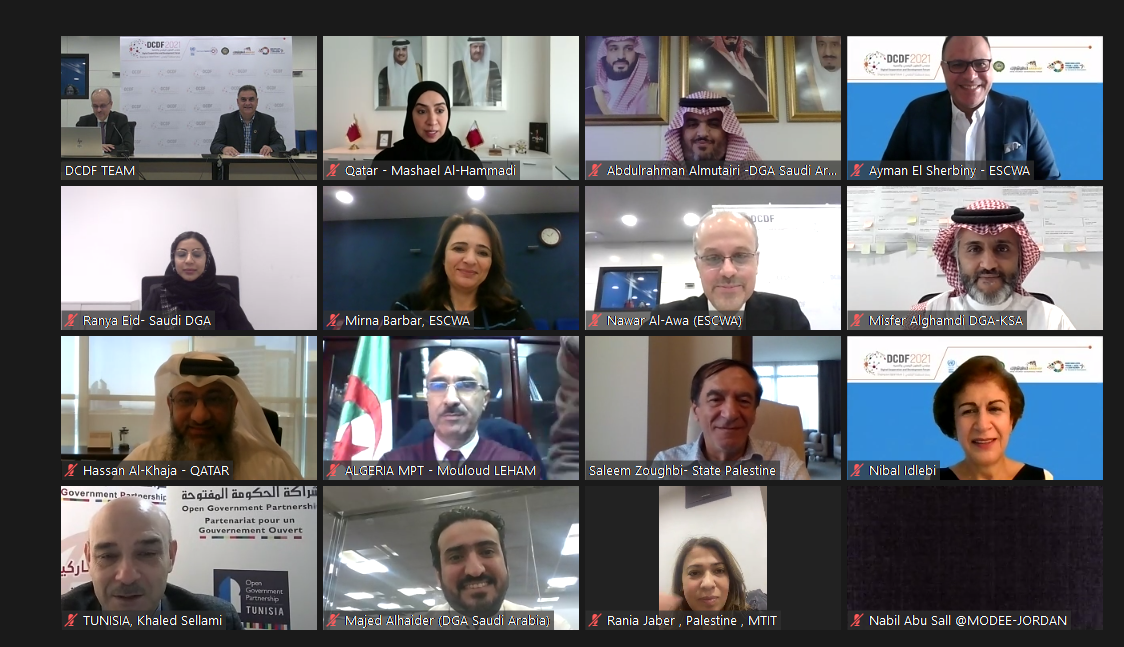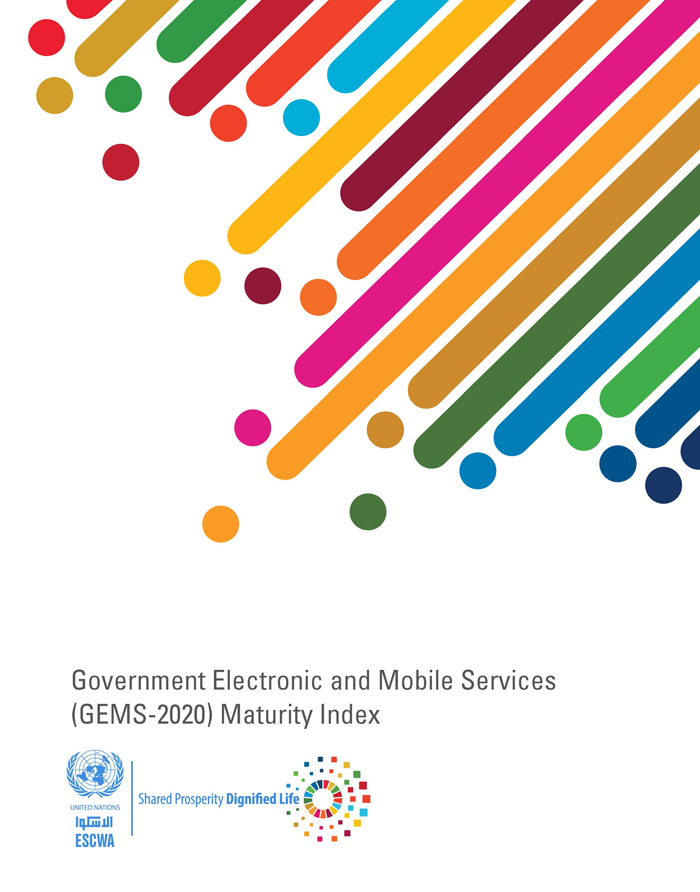ESCWA hosted the ninth meeting of the Arab e-Government programme directors. The meeting aims at promoting dialogue on the management of digital government programmes, and coordination on related policies and measures in the Arab region. Participants address the work priorities, the challenges facing digital government programmes, the joint opportunities for developing these programmes and the best practices in e-government services.
This meeting was an opportunity to tackle the national plans and initiatives and to share countries' experiences in digital government, in addition to the different joint initiatives and projects. ESCWA presented its activities in digital transformation, innovation and measurement indicators.

